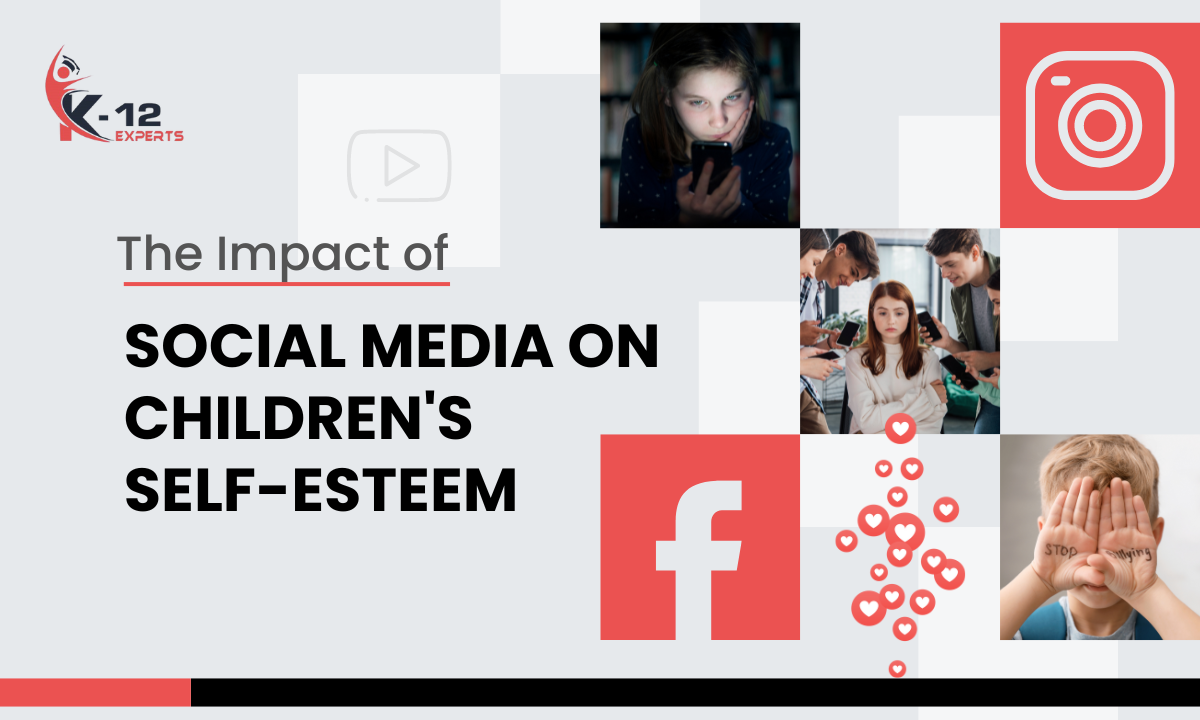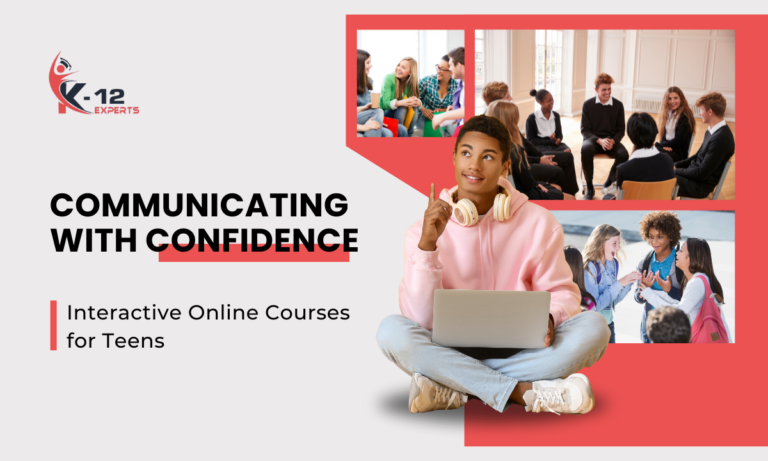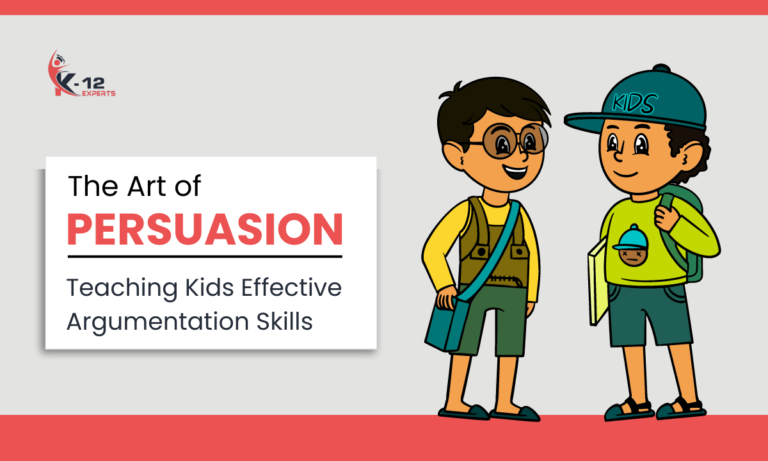You’re likely aware that a staggering 70% of children use social media by the age of 12, but what’s the impact on their self-esteem? As they scroll through their feeds, they’re constantly exposed to unrealistic beauty standards, seemingly flawless selfies, and carefully curated profiles. You might wonder how this affects their mental health, their sense of identity, and their self-confidence. And as a parent, guardian, or concerned adult, you have a critical role to play in shaping their online experience. But what can you do to guarantee social media doesn’t define their self-worth?
Social Media’s Unrealistic Beauty Standards
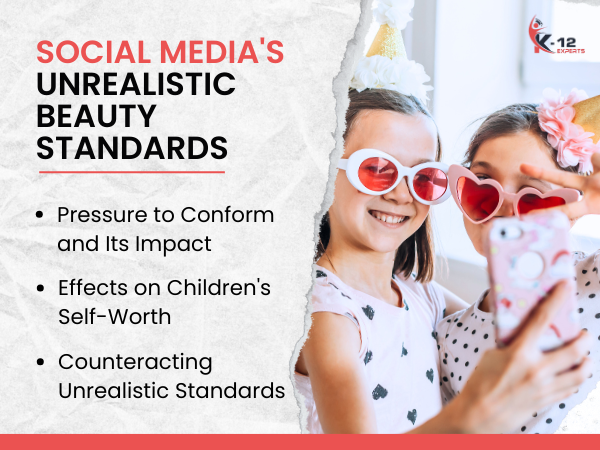
Constantly bombarded with airbrushed images and flawless selfies, you can’t help but feel the pressure to conform to social media’s unrealistic beauty standards, which can be particularly damaging to children’s fragile self-esteem.
You’re presented with a curated highlight reel of perfection, making it impossible to ignore the unattainable beauty expectations. You begin to focus on your own perceived airbrushed flaws and shortcomings, fueling feelings of inadequacy.
This can be especially detrimental for young minds, as they struggle to distinguish between reality and the manipulated online world.
It’s vital to recognize the impact these unrealistic standards have on your self-worth and to develop strategies to counteract them, nurturing a positive body image and self-acceptance in yourself and your children.
Cyberbullying and Online Harassment

As you consider the impact of social media on children’s self-esteem, you can’t ignore the devastating consequences of cyberbullying and online harassment.
You’ve likely heard the heartbreaking stories of young people who’ve been mercilessly targeted, belittled, and humiliated online, leaving them feeling vulnerable, anxious, and alone.
As we explore this critical issue, you’ll learn about the various forms online abuse can take, its profound effects on mental health, and the prevention and intervention strategies that can help mitigate its harm.
Forms of Online Abuse
Behind the screens of their devices, children can become easy targets for online abuse, which often takes the form of cyberbullying and online harassment, affecting not only their digital lives but also their self-esteem and overall well-being.
You may not realize it, but online trolls are lurking, waiting to pounce on unsuspecting victims. They may send hurtful messages, spread rumors, or even engage in sextortion, a form of online blackmail.
The forms of online abuse are varied and can include:
- Mean or hurtful comments
- Rumor-spreading or false accusations
- Unwanted or threatening messages
- Exclusion or online ostracism
- Sharing of intimate or compromising photos or videos
As a parent, guardian, or caregiver, it is crucially necessary to be aware of these forms of online abuse and take steps to protect your child’s digital life.
Effects on Mental Health
Frequently, children who experience cyberbullying and online harassment struggle with profound emotional and psychological distress, which can severely impact their mental health and self-esteem, often leaving them feeling vulnerable, anxious, and isolated.
You can imagine the overwhelming sense of fear and helplessness that comes with being constantly exposed to hurtful messages, images, or videos that spread like wildfire on social media.
Social media saturation can amplify this distress, making it feel like there’s no escape from the abuse. Your digital footprint can also be affected, as online harassment can lead to long-term damage to your online reputation.
As a result, you may experience anxiety, depression, or even suicidal thoughts. It’s vital to recognize the devastating effects of cyberbullying on mental health.
Prevention and Intervention Strategies
To mitigate the damaging effects of cyberbullying on mental health, you can employ effective prevention and intervention strategies that promote a safe and respectful online environment.
You can start by setting healthy limits on social media use and encouraging online mindfulness. This involves being present and aware of your online interactions, as well as taking steps to protect yourself from harm.
Consider the following strategies:
- Set boundaries and limits on social media use
- Practice self-care and prioritize offline activities
- Use technology to monitor and limit online interactions
- Develop a growth mindset and focus on positive relationships
- Seek help and support from trusted adults or professionals when needed
The Cult of Perfectionism
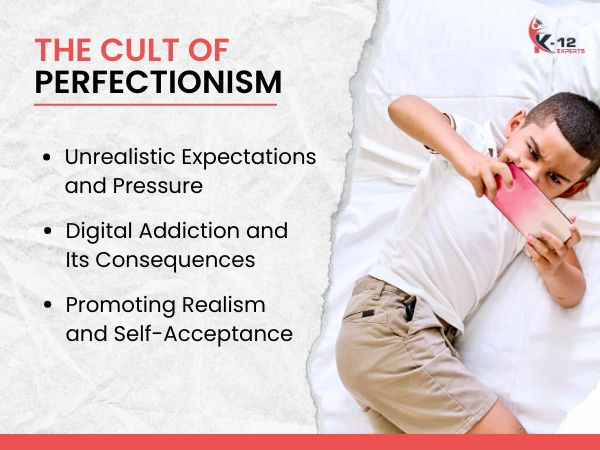
As you scroll through your social media feeds, you’re constantly bombarded with curated images and updates that create unrealistic expectations and promote a cult of perfectionism that can be particularly damaging to children’s self-esteem.
You can’t help but feel the pressure to present a perfect online persona, and this can lead to digital addiction as you obsess over likes, comments, and followers.
But here’s the thing: these unreal expectations aren’t only unattainable, but they’re also unhealthy. By perpetuating this cult of perfectionism, we’re teaching children that it’s not okay to make mistakes or be imperfect.
It’s time to break free from this toxic cycle and promote a more realistic and accepting online culture that values individuality and self-acceptance.
Comparison and Low Self-Esteem
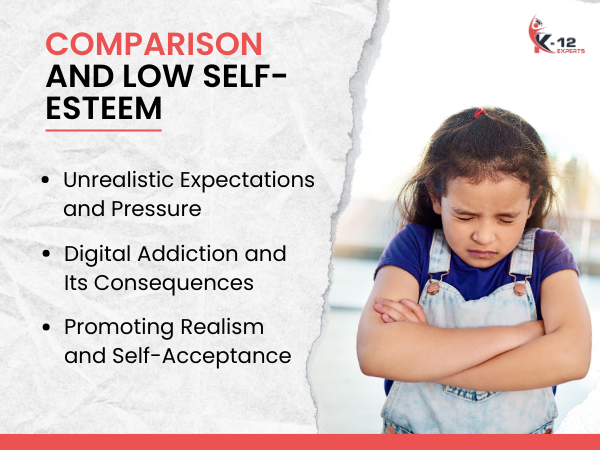
Because social media platforms showcase the highlight reels of other people’s lives, you can’t help but compare your own life to the seemingly flawless images and updates of others, which can be a surefire way to chip away at your self-esteem and leave you feeling inadequate.
These fake lives presented on social media can be overwhelming, making you feel like you don’t measure up. You may start to wonder why your life isn’t as exciting or perfect as others.
The pressure to conform to societal standards can be crushing.
Social media can perpetuate low self-esteem in several ways:
- Unrealistic expectations and comparisons
- Fear of not meeting societal standards
- Feeling left out or excluded
- Pressure to present a perfect online image
- Internalizing negative comments or criticism
Fear of Missing Out (FOMO)

You may notice your child’s anxiety and insecurities rising as they spend more time on social media, constantly comparing their life to others.
This steady stream of curated highlights can create unrealistic expectations and a deep-seated fear of missing out (FOMO).
As a parent, it’s essential that you understand how FOMO can negatively impact your child’s self-esteem and develop strategies to mitigate its effects.
Anxiety and Insecurities Rise
Constantly exposed to curated and manipulated online content, children often develop a nagging sense of Fear of Missing Out (FOMO), fueling a growing anxiety that can markedly erode their self-esteem.
You may notice that your child is becoming increasingly self-conscious, always worrying about what others think of them. Self-doubt forms as they feel like they’re not good enough, and an identity crisis sets in.
This anxiety can lead to:
• Difficulty concentrating in school • Sleepless nights due to racing thoughts • Decreased participation in extracurricular activities • Withdrawal from social interactions • Feeling overwhelmed by the pressure to present a perfect online image
As a parent, it’s crucial to recognize these signs and take proactive steps to mitigate the adverse effects of social media on your child’s self-esteem.
Comparison to Others Unhealthy
Frequently, children find themselves caught up in a relentless cycle of comparison, measuring their self-worth against the seemingly flawless online personas of their peers, fueling the debilitating fear of missing out.
They frantically climb the social ladder, desperately trying to keep up with their peers’ curated highlight reels. But these virtual personas are carefully crafted to showcase only the best moments, hiding the imperfections and struggles.
As a result, kids feel like they just don’t measure up. They begin to question their own self-worth, feeling like they’re not good enough.
It’s a toxic cycle that can lead to low self-esteem, anxiety, and a never-ending sense of inadequacy.
It’s vital to help kids break free from this cycle of comparison.
Social Validation and Self-Worth
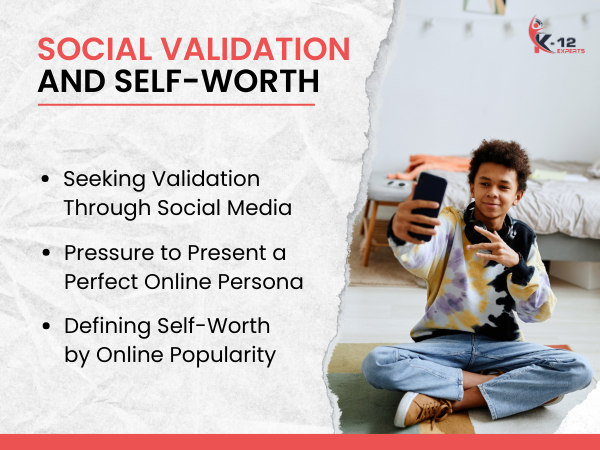
Children’s self-worth often becomes deeply entangled with the validation they receive on social media, as likes, comments, and followers can be perceived as a direct measure of their popularity and acceptability.
You can’t help but feel that your online presence is a reflection of your self-worth. Social pressures to present a curated online persona can be overwhelming, and the need for validation can lead to an enhanced identity that may not be authentic.
Some ways social media can affect your self-worth include:
- Constantly seeking validation through likes and comments
- Comparing your life to others’ highlight reels
- Feeling pressure to present a perfect online image
- Defining your self-worth by your online popularity
- Spending excessive time trying to increase your online following
Impact on Mental Health
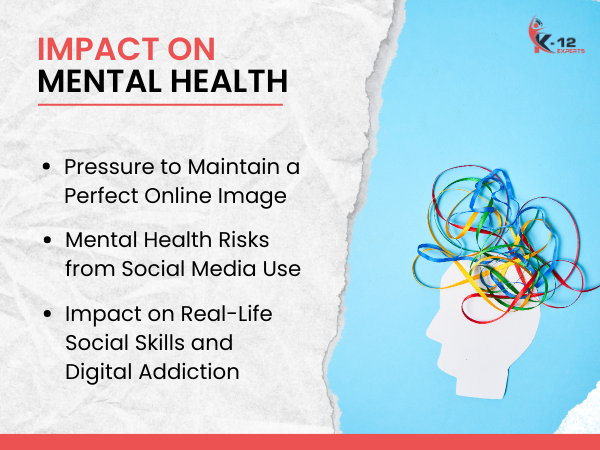
As you aim to maintain a perfect online image, the weight of social media‘s expectations can take a profound toll on your mental health, potentially triggering issues like anxiety, depression, and low self-esteem.
The pressure to constantly present a curated version of yourself can lead to feelings of inadequacy and self-doubt.
Additionally, excessive social media use can erode your social skills, making it more challenging to interact with others in real life.
Digital addiction can also set in, further exacerbating mental health concerns.
Crucially, recognize these risks and take proactive steps to mitigate them.
Parental Influence and Guidance

As a parent, you play a significant role in shaping your child’s online experiences and, by extension, their self-esteem.
By setting healthy online boundaries and modeling positive behavior, you can help your child navigate the complexities of social media and mitigate its potential negative impacts.
Setting Healthy Online Boundaries
Parents play a pivotal role in shaping their children’s online experiences by setting clear boundaries and offering guidance on how to navigate the complex world of social media in a way that promotes healthy self-esteem.
As a parent, you’re responsible for teaching your child the importance of balance in their screen time and digital interactions. This is essential in digital parenting.
Establishing a healthy balance between screen time and other activities is crucial. To achieve this, you can develop screen-free zones and times in your home.
Encouraging physical activities and hobbies outside of social media is also vital. This can help your child develop a broader range of interests and friendships.
Setting limits on social media usage and monitoring their online activity is another important aspect of digital parenting. This can help you identify potential issues and prevent excessive social media use.
Educating your child on online safety and etiquette is also essential. This can include teaching them about online privacy, cyberbullying, and how to interact with others respectfully online.
Modeling Positive Behavior
Your child looks to you as a role model for traversing the world of social media, making it crucial that you model the behavior and values you want them to adopt in their own online interactions.
As a parent, you’re constantly setting an example – and your kids are watching closely. By modeling positive behavior, you can show your child what it means to have healthy online relationships, share kindness and empathy, and avoid drama and negativity.
This role modeling has a profound impact on how your child will treat others online and how they’ll view their own self-worth. By setting good examples, you teach your child to use social media responsibly and to cultivate positive self-esteem in the process.
Remember that children soak up what they see, so be mindful of your social media activities.
Setting Healthy Social Media Boundaries
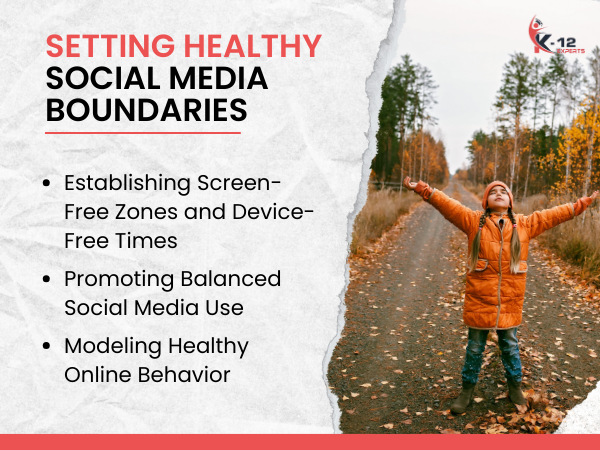
Children’s self-esteem can be powerfully influenced by the social media boundaries you set, making it essential to establish a framework that promotes healthy online interactions and minimizes the risk of negative impacts.
By setting clear screen limits and device rules, you can help your child develop a positive and balanced relationship with social media.
Consider the following guidelines to promote healthy social media use:
- Set screen-free zones, such as the dinner table or bedrooms
- Establish device-free times, like during meals or before bed
- Limit social media use to specific times of the day
- Monitor your child’s online activity and engage in open conversations about their experiences
- Model healthy social media behavior yourself, as children often learn by example.
Promoting Positive Body Image
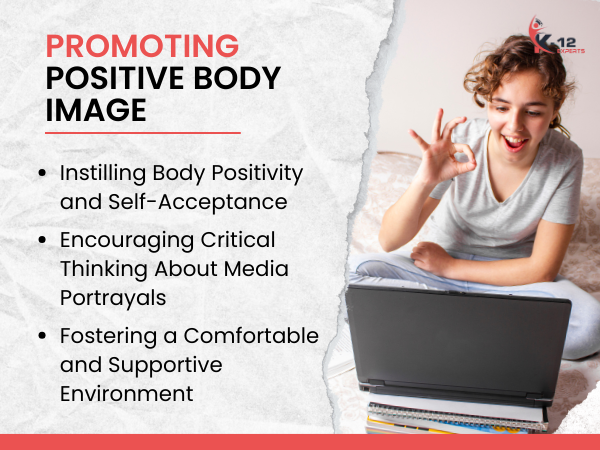
While social media can be a breeding ground for unrealistic beauty standards, promoting positive body image in kids requires a proactive approach that counters the negative influences they’re likely to encounter online.
You play a significant role in shaping their perceptions, so it’s crucial to instill body positivity and self-acceptance from an early age.
You can do this by focusing on their qualities beyond physical appearance and encouraging them to do the same.
Discuss the media’s portrayal of beauty and help them develop critical thinking skills to recognize and challenge unrealistic standards.
Foster an environment where they feel comfortable in their own skin, and you’ll be helping them build a strong foundation for self-acceptance that will serve them well throughout their lives.
Frequently Asked Questions
Can Children Completely Avoid Social Media in Today’s Digital Age?
You can’t completely shield children from social media, but you can encourage a digital detox and nurture real-world connections to help them maintain a balance between their online and offline lives, fostering healthier relationships.
Are There Any Age-Specific Guidelines for Social Media Usage?
You can establish age-specific guidelines for social media usage by implementing parental controls and offering online mentorship to help children navigate online interactions, fostering a safer and more positive digital experience as they grow.
Can Schools Help Mitigate the Negative Effects of Social Media?
You’re about to unearth a game-changing strategy. As you wonder if schools can help mitigate the negative effects of social media, consider this: teacher training and mentorship programs can empower educators to guide students in responsible online behavior.
How Do Social Media Companies Address Children’s Online Safety Concerns?
You demand more from social media companies to address children’s online safety concerns; they respond with improved content moderation and tools for parental oversight, helping you safeguard your kids’ digital experiences with greater control.
Are There Any Social Media Platforms Designed Specifically for Children?
You’re seeking kid-friendly alternatives to mainstream social media; there are options designed specifically for children, offering robust parental controls, allowing you to monitor and limit their online interactions, and providing a safer environment.
Conclusion
As you navigate the complex web of social media‘s impact on children’s self-esteem, remember that you hold the power to shape their online experience.
By setting healthy boundaries and promoting positive body image, you can help your child escape the suffocating grip of unrealistic beauty standards and cyberbullying.
Like a master artist, you can paint a more realistic and vibrant picture of self-worth, one that isn’t distorted by the funhouse mirror of social media.

